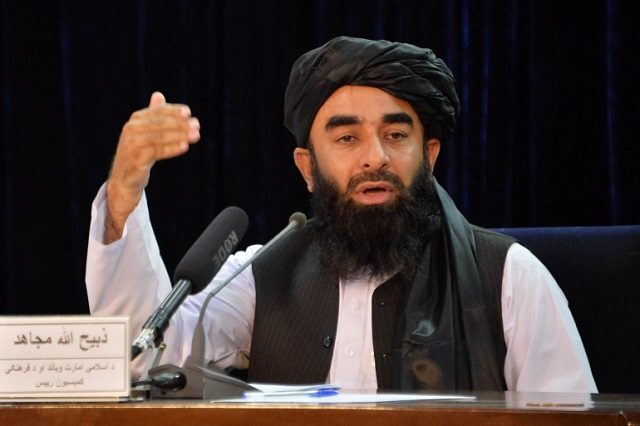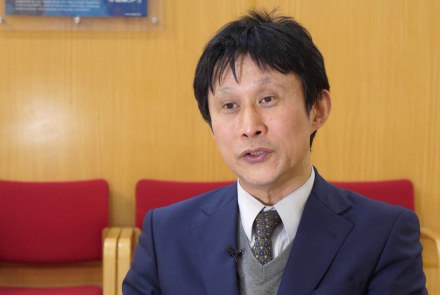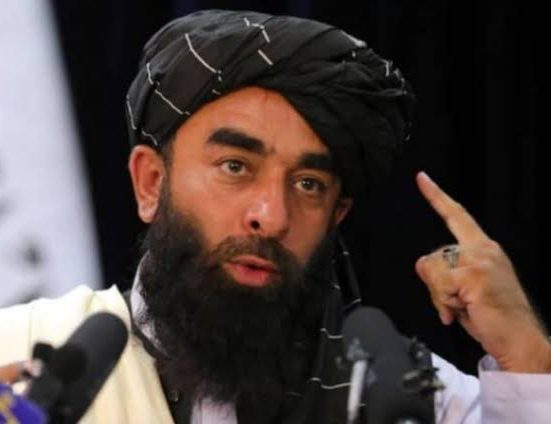Zabihullah Mujahid, Taliban’s spokesperson, has in a statement, called the UN Security Council monitoring team’s report, which accused the Taliban of reverting to their oppressive and autocratic rules of the 1999s “biased” and “far from reality”.
Kabul24: The 14th report of UNSC’s Analytical Support and Sanctions Monitoring Team suggested that the Taliban has returned to exclusionary, Pashtun-centric and autocratic policies, is split in leadership, has strengthened strong ties with terrorist groups, including Al-Qaeda, and carries out drug trafficking activities, among others.
The Taliban spokesperson stated that these allegations are “baseless” and “obvious hostility” towards the people of Afghanistan.
The UNSC report had accused the Taliban of monopolizing power in the country by excluding non-Pashtun ethnic groups, indicating that of the 33 cabinet ministers only five ministers are non-Pashtuns, and of the 34 provincial governors only nine non-Pashtun governors hold positions.
Moreover, the report highlighted a deep-seated discord within the Taliban leadership stating that disagreements are rife between Sira which revolves around competition for positions in government and control of financial and natural resources and channels for smuggling commercial goods.
The report also underscores the unbending stance of Taliban leadership under their reclusive supreme leader Hibatullah Akhunzada who has not shown any signs of reforms or lifting bans on women’s and girls’ education and employment.
However, Mujahid called these allegations “rumors” and a “continuation of propaganda of the past twenty years.”
Mujahid also insisted on the Taliban’s commitments to ensure that there is “no threat from the territory of Afghanistan to the neighbors, region, and the world.”
However, the UNSC report shows that the Taliban maintains a robust relationship with Al-Qaeda and Tehreek-e-Taliban Pakistan and has undermined the Doha Agreement to cut ties with these terrorist groups as well as other transnational terrorist outfits including the Islamic Movement of Uzbekistan, the East Turkestan Islamic Movement, and Jamaat Ansarullah.
According to the report, the link between the Taliban and these terrorist groups remains “strong” and “symbiotic” and these outfits have expanded their operational activities, and enjoy “greater freedom of maneuver” under the Taliban. Therefore, the threat of terrorism is on the rise in the region.
While the Taliban’s spokesperson has asserted that the cultivation and production of opium have “dropped unprecedently”, the UNSC report is cautious about assessing the genuine effects of the Taliban ban on opium.
The report suggests that drug prices have surged and the production of methamphetamine has increased before accusing key Taliban figures of involvement in the production and trafficking of drugs, despite the Taliban’s saying that the group is committed to eradicating the illicit drug trade.
In his statement, Mujahid emphasized that reports like the UNSC’s monitoring team “do not help Afghanistan and international peace and security; rather, it increases worry among the people and doubts about the independence and impartiality of the United Nations.”







